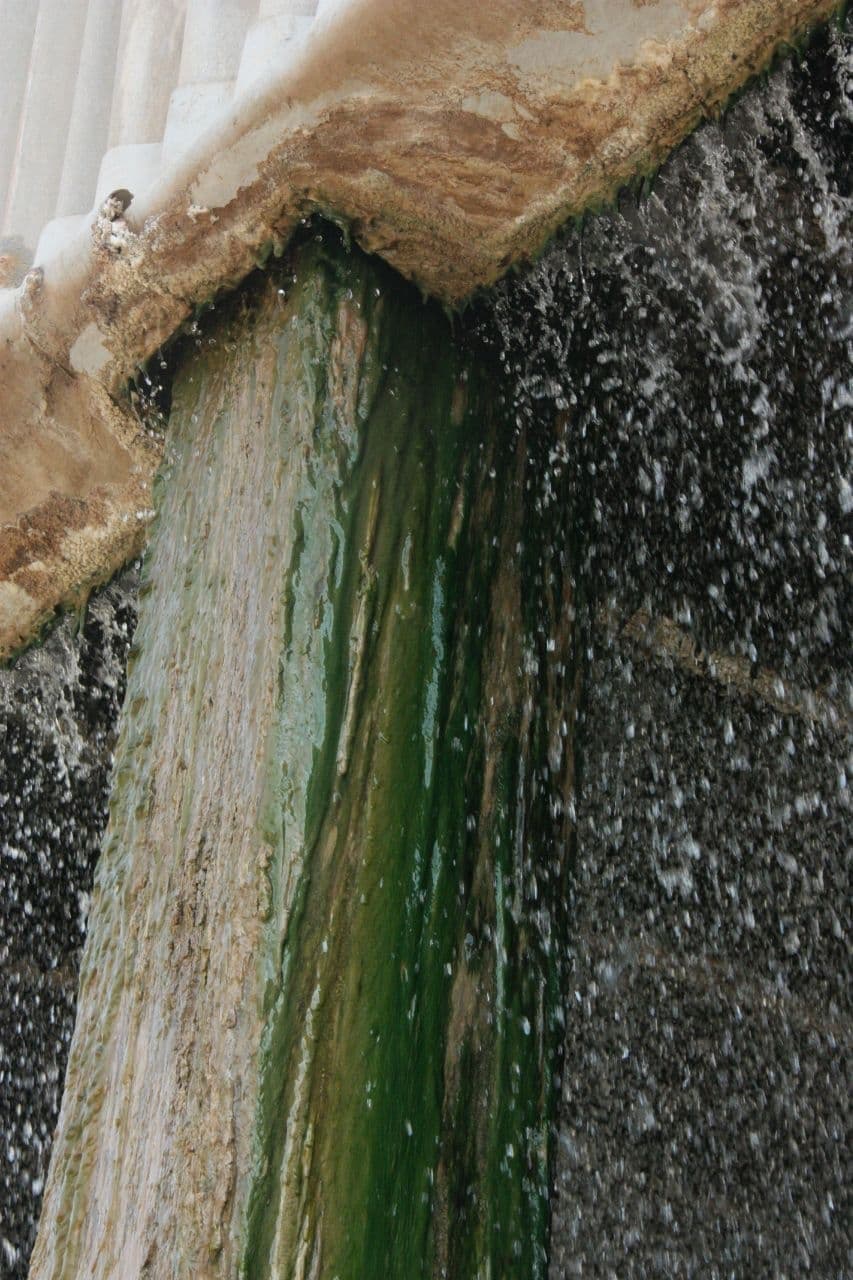In December of 1992, the premiere issue of The Electrochemical Society Interface was published. Over 100 issues later, the quarterly Society magazine continues to provide scholars with the latest technical articles in solid state and electrochemical science and technology, and news and information about and for ECS members. Many of you may have these treasured back issues on your bookshelves. For those who do not, ECS has taken on the project of digitizing Interface issues from 1992-2009. To date, ECS staff has worked in conjunction with IOP Publishing to digitize 2007, 2008, and 2009. As always, the issues will be available through the Interface website. (more…)
240th ECS Meeting Topic Close-up: Education in Electrochemistry
Posted on March 4, 2021 by Francesca Spagnuolo Topic Close-up #3
Topic Close-up #3
Symposium L04: Education in Electrochemistry 3
Deadline for Submitting Abstracts: April 23, 2021
Submit today!2020 Recipients of the San Francisco Daniel Cubicciotti Student Award
Posted on March 4, 2021 by Genevieve Goldy Through the Daniel Cubicciotti Student Award, the ECS San Francisco Section assists a deserving student in Northern California pursue a career in the physical sciences or engineering. The award, established in 1994, is given annually in honor of spirited researcher and innovator Daniel Cubicciotti. The award winner receives an etched metal plaque and US $2,000. In addition, up to two honorable mentions receive a framed certificate and US $500.
Through the Daniel Cubicciotti Student Award, the ECS San Francisco Section assists a deserving student in Northern California pursue a career in the physical sciences or engineering. The award, established in 1994, is given annually in honor of spirited researcher and innovator Daniel Cubicciotti. The award winner receives an etched metal plaque and US $2,000. In addition, up to two honorable mentions receive a framed certificate and US $500.
The 2020 recipients of the Daniel Cubicciotti Student Award are: (more…)
240th ECS Meeting Topic Close-up: Metal, Dielectrics, and Semiconductors for Nanoelectronics
Posted on March 3, 2021 by Francesca Spagnuolo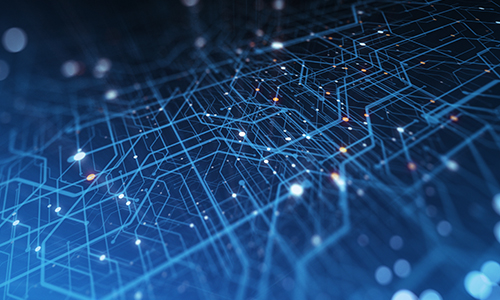 Topic Close-up #2
Topic Close-up #2
Symposium D01: Metal, Dielectrics, and Semiconductors for Nanoelectronics 18
Deadline for Submitting Abstracts: April 23, 2021
Submit today!Dynamic Light Scattering in Electrochemical Energy Conversion Systems
Posted on March 2, 2021 by ECS StaffJoin presenters Prof. Iryna Zenyuk and Prantik Saha and our sponsor HORIBA Scientific at 1300h ET on March 16, 2021, for a webinar discussing how DLS helps prepare catalyst inks with high electrochemical performance.

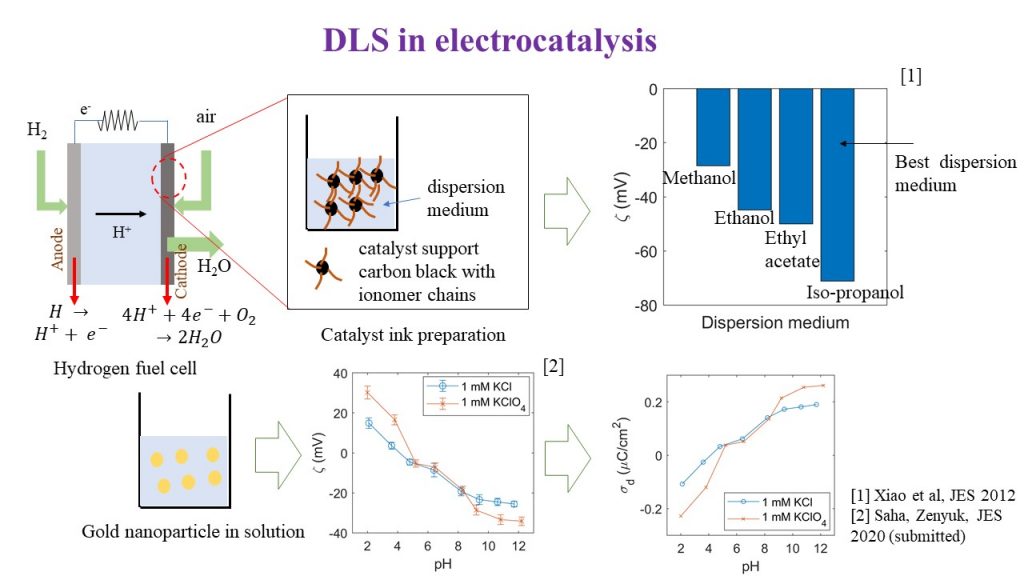 (more…)
(more…)
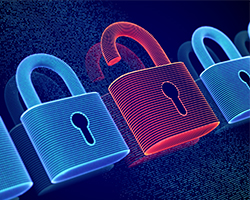 Monday, April 5 – Sunday, April 11
Monday, April 5 – Sunday, April 11
On April 5—when the ECS paywall comes down—more than 160,000 scientific journal and magazine articles and meeting abstracts become available at no charge. Free the Science Week 2021 reaffirms the Society’s long-term vision for open access: research that is openly available to anyone, anywhere in the world. Tag articles of interest now, to access them quickly when the paywall comes down!
Fifth annual Free the Science Week
ECS is celebrating its fifth annual Free the Science Week from April 5-11, 2021. For the duration of the week, the ECS Digital Library, hosted on IOPscience, is freely accessible to everyone. The Library includes the Society’s entire collection of published research including the Journal of The Electrochemical Society, the oldest peer-reviewed journal in its field. (more…)
On February 10, 2021, The Electrochemical Society hosted Dr. Reza Javaherdashti’s live webinar, “Microbiologically Influenced Corrosion: Tips, Myths, Skills.” Dr. Javaherdashti is General Manager at Eninco Engineering B.V., The Netherlands. Below are Dr. Javaherdashti’s responses to questions asked in the Q&A session following his talk.
Dr. Javaherdashti has taught more than 5000 hours about electrochemical corrosion, corrosion management, and microbial corrosion to various industries worldwide. In this webinar, he discussed and explained the most important theoretical and practical aspects of microbiologically influenced corrosion (MIC) and microbiologically influenced deterioration (MID) mechanisms and how industry practitioners can recognize them.
Guest blog by Dr. Alyson Lanciki, Scientific Editor, Metrohm International
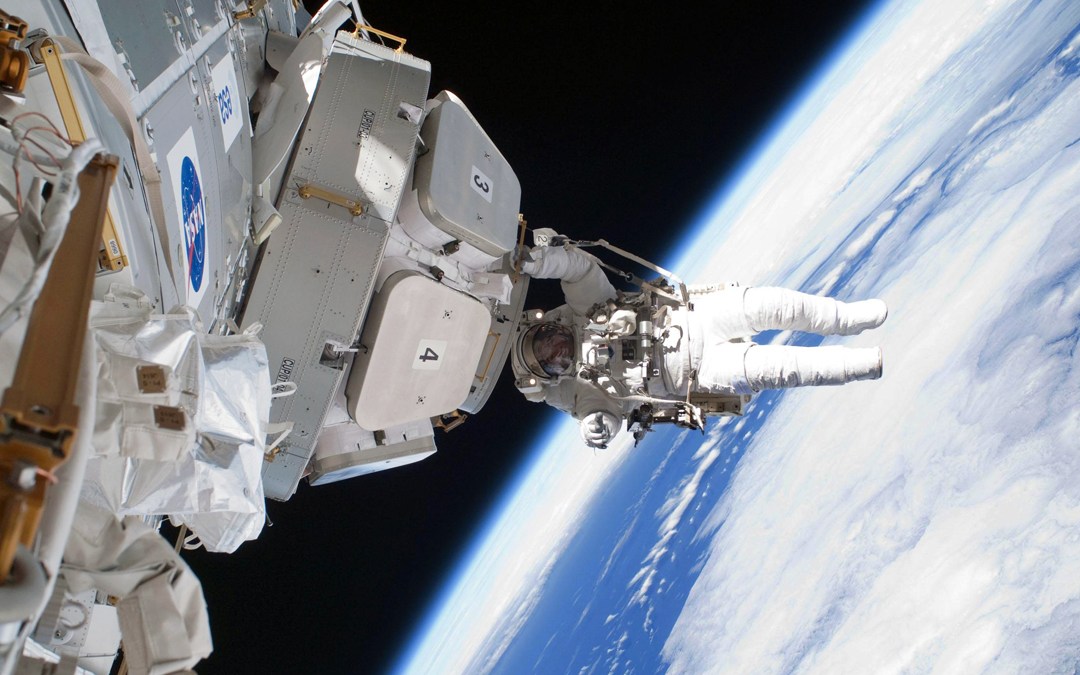 For over twenty years now, there has been continuous human occupation off our planet.
For over twenty years now, there has been continuous human occupation off our planet.
The International Space Station (ISS), launched in 1998, is a modular satellite in low orbit around the Earth, which is visible even with the naked eye.
In October, NASA launched an Antares rocket carrying a Cygnus resupply ship. This cargo ship carried an experimental system on board used to study the oxidation of ammonia under microgravity conditions to convert urine into water on the ISS. Improving this waste management system has far-reaching repercussions for longer exploratory missions where the weight of the payload must be optimized with the amount of water needed (which is heavy) to sustain life during the trip. Given the limited resources aboard a spaceship, the recovery of water from all processes is of great importance. (more…)
Webinar: Graphene and Its Supercapacitor Applications
Posted on February 24, 2021 by Keerthana VaradhanDr. Richard B. Kaner
Distinguished Professor
Dr. Myung Ki Hong Endowed Chair in Materials Innovation
Department of Chemistry and Biochemistry
Department of Materials Science and Engineering
University of California, Los Angeles
Date: March 10, 2021
Time: 1300h ET
Sponsor: Hiden Analytical and Comsol
239th ECS Meeting with IMCS Late Presentation Opportunity
Posted on February 23, 2021 by Francesca Spagnuolo Submission deadline: May 14
Submission deadline: May 14
If you missed the opportunity to submit your abstract, and are interested in participating in our digital event, it is not too late!
The 239th ECS and 18th IMCS meetings will be held and scheduled as fully digital events. Rather than travelling to Chicago, all presenting authors are requested to submit digital presentation files (video, and/or slide deck or poster) in advance of the meeting. These materials will be available to all global attendees for on-demand viewing throughout the meeting dates.
The submission site for late presentations is currently open. Make sure to submit your abstract before May 14. (more…)



